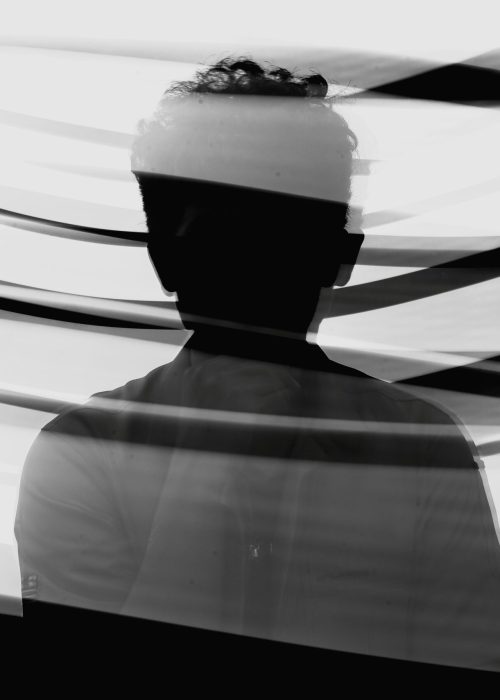Mastering the Art: How to Learn Photography
In the digital technology and social media age, photography has emerged as a vital form of expression and communication. Whether you aspire to capture everyday moments with precision or dream of professional acclaim, learning photography can be an enriching journey. This comprehensive guide explores various avenues for photography learning, including traditional methods and modern innovations like online courses. From the foundational principles to the nuances of digital editing, we’ll navigate through the essentials of how to learn photography and transform your passion into skill. As you advance in your journey, the pursuit of professional photography can open doors to new challenges and opportunities, enabling you to not only perfect your craft but also to make a meaningful impact through your visual storytelling.
Understanding the Basics: The Foundation of Photography Learning
The Significance of Photography Fundamentals
Choosing the Right Equipment
How Can I Learn Photography: From Self-Study to Structured Learning
Self-Taught Routes: Books and Practice
Formal Education and Workshops
Learn Photography Online: Harnessing the Power of the Internet
Online Courses and Tutorials
YouTube: A Free Resource for Photography Enthusiasts
Photography Learning: Beyond the Camera
Understanding Post-Processing
The Art of Visual Storytelling
Nurturing Your Photography Journey: Practice, Patience, and Persistence
Building a Portfolio and Seeking Feedback
The Continuous Learning Process



Conclusion
Learning photography is a journey that requires time, effort, and passion. Whether you self-study, enroll in online courses or participate in workshops, the key to success is consistent practice and a willingness to explore and experiment. By understanding the fundamentals, mastering your equipment, and embracing the creative and technical aspects of photography, you can unlock your potential as a photographer. Incorporating resources like “50 Incredible Photography Techniques and Photo Tutorials” into your learning regimen can significantly enhance your skills and inspire creativity. Remember, the path to becoming proficient in photography is unique for everyone; embrace your journey, and let your passion for capturing the world around you drive your learning process.